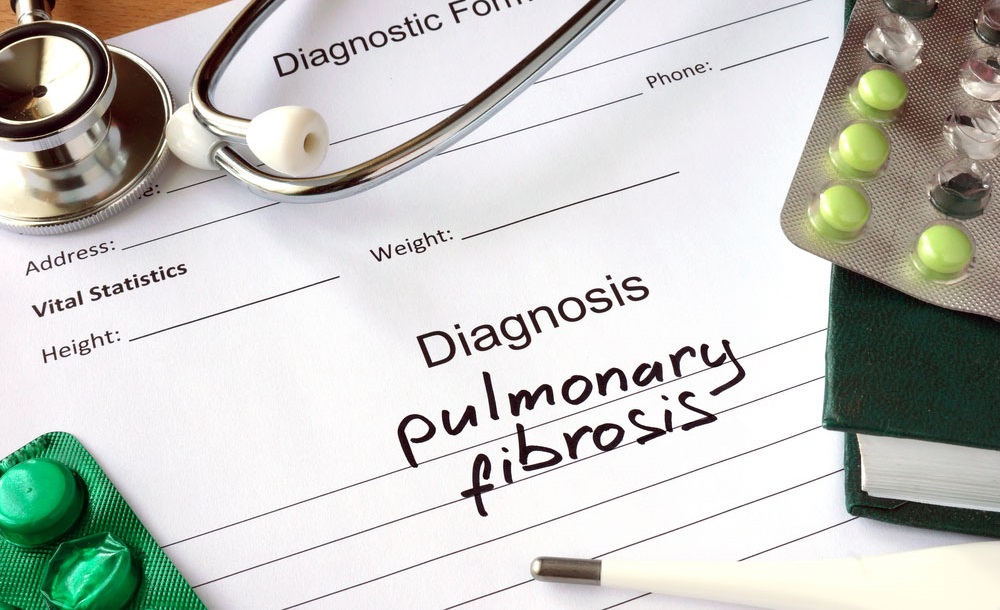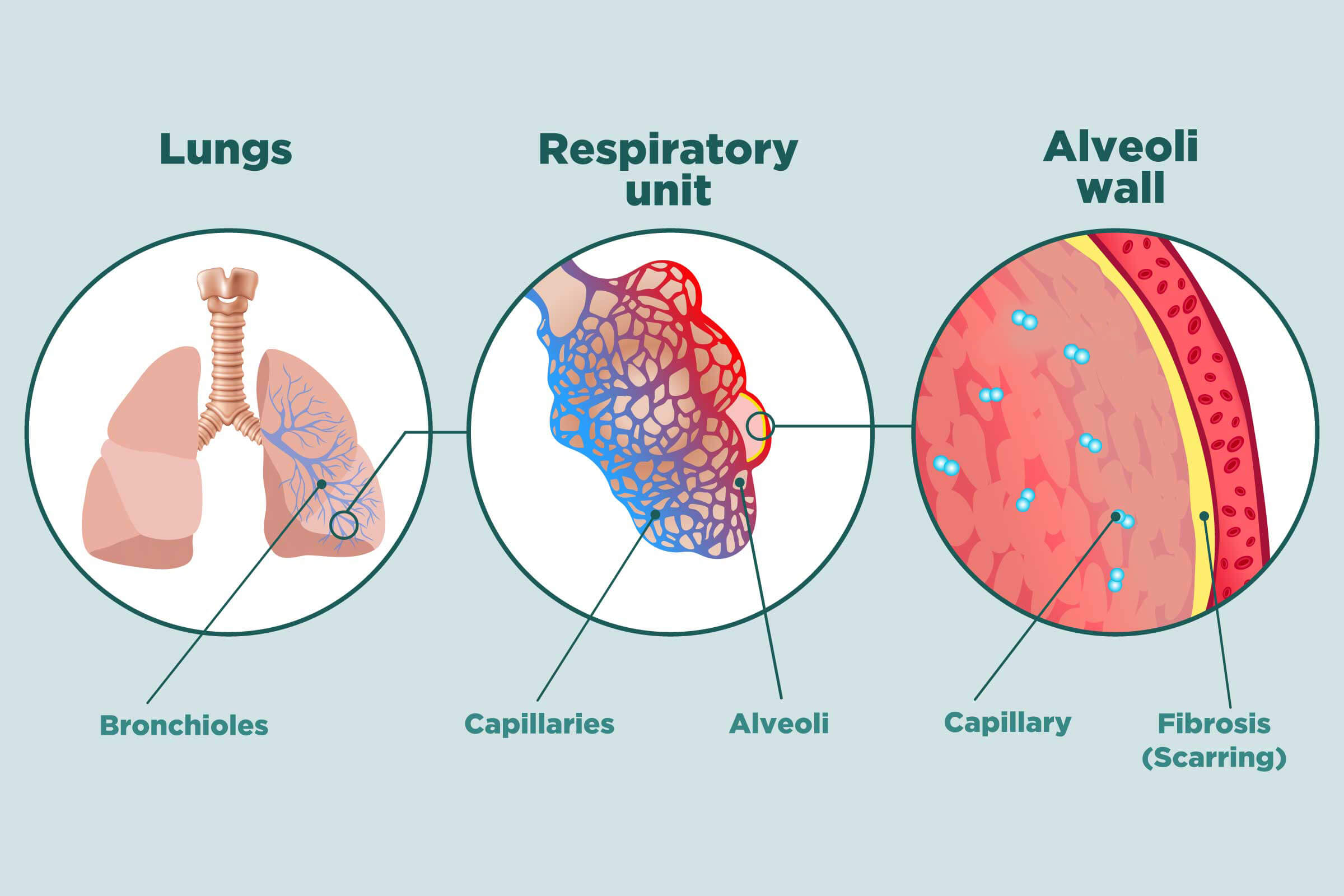- Swastik Clinic, Ahmedabad, GJ, IND
- Call: 8849867169 (For Appointment)
- Mon - Sat: 10 AM - 08 PM
- Sun: Only Emergencies
Facts About Pulmonary Fibrosis

Facts About Pulmonary Fibrosis
Pulmonary fibrosis is a chronic lung disease that occurs when lung tissue becomes damaged and scarred. As pulmonary fibrosis worsens, you become progressively more short of breath.
In some cases, doctors can determine the cause of the fibrosis, but in many cases the cause remains unknown. When there is no known cause for the development of pulmonary fibrosis, the disease is called idiopathic pulmonary fibrosis or IPF.

There are some misconceptions about prognosis of pulmonary fibrosis and life expectancy of suffering patients, hence we’ve put together some of the facts or FAQs to help and clear the doubts.
Few things you should know about pulmonary fibrosis
What causes pulmonary fibrosis?
Some cases of pulmonary fibrosis occur without known cause (this is called idiopathic pulmonary fibrosis). Other cases are caused by exposure to environmental hazards (such as asbestos) and autoimmune diseases (such as rheumatoid arthritis).
Can this disease be inherited?
Research shows that genetics do play a role in the development of pulmonary fibrosis. The pulmonary fibrosis inherited is called familial pulmonary fibrosis.
Can pulmonary fibrosis be prevented?
Few risk factors can be avoided such as smoking as it helps reduce the risk of developing the condition.
What is the life expectancy of the patient diagnosed with pulmonary fibrosis?
Early detection is the key to slowing the progression and certain conditions like chronic obstructive pulmonary disease (COPD) or pulmonary arterial hypertension (PAH) can impact disease prognosis.
Still the life expectancy of the patient with pulmonary fibrosis is three to five years after diagnosis.
What are the stages of pulmonary fibrosis?
Mild, moderate, severe, and very severe – these are the 4 stages of pulmonary fibrosis. The stage is decided by the lung capacity and the severity of the disease. As the disease progresses, patients lose lung capacity of breathing.
How quickly does this disease progress?
Each year as the disease progresses, pulmonary fibrosis patients will lose an average of between 150 mL and 200 mL of lung capacity, which can be monitored by spirometry (breathing tests).
Can pulmonary rehabilitation slow down the disease progression?
Pulmonary rehab helps you learn the breathing techniques to help strengthen their lungs and slow disease progression.
Are there any other complications resulting from pulmonary fibrosis?
As the disease progresses, patients are at risk of other health conditions like heart failure, lung infections and pulmonary embolism.
Is there a cure for pulmonary fibrosis?
Currently no cure is available for pulmonary fibrosis. But treatment for pulmonary fibrosis can help reduce the symptoms. In sever case, lung transplant may be necessary.
Have more questions?
These are a few questions that most of the people are in doubt of. If you have any more queries, you can talk to Dr. Kalpesh Panchal, Pulmonologist in Ahmedabad or drop us a message.
Recent Posts
Archives
- April 2022
- January 2022
- December 2021
- November 2021
- August 2021
- July 2021
- June 2021
- May 2021
- April 2021
- March 2021
- February 2021
- January 2021
- December 2020
- November 2020
- October 2020
- September 2020
- August 2020
- July 2020
- June 2020
- May 2020
- April 2020
- March 2020
- February 2020
- January 2020
- December 2019
- November 2019
- October 2019
- September 2019
- August 2019
- July 2019
Categories
Recent Posts


I Got Covid-19 & Have Asthma – What Now?
09th Jan 2022
